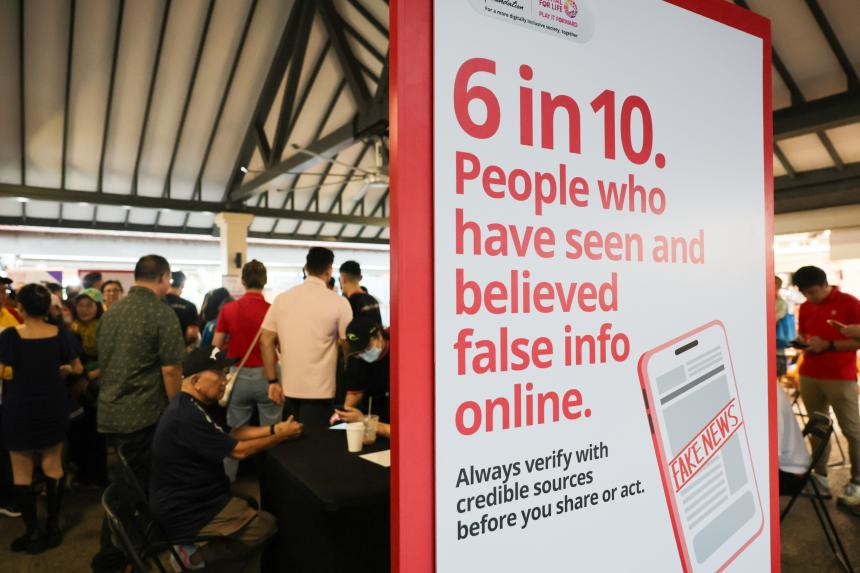Though Donald Trump would like credit for coining the term, “fake news” was a headline in The New York Times more than a century ago. The history of propaganda is far older. An early example was Egypt’s Ramses the Great, who decorated temples with monuments to his tremendous victory in the 13th century BCE Battle of Kadesh. The outcome was, at best, a stalemate.
But the tools for generating, sharing and consuming dubious information are now very different in the age of AI. This is cause for concern because, over the course of 2024, countries with more than half the world’s population will hold national elections.
Already a subscriber? Log in
Read the full story and more at $9.90/month
Get exclusive reports and insights with more than 500 subscriber-only articles every month
ST One Digital
$9.90/month
No contract
ST app access on 1 mobile device
Unlock these benefits
All subscriber-only content on ST app and straitstimes.com
Easy access any time via ST app on 1 mobile device
E-paper with 2-week archive so you won't miss out on content that matters to you

